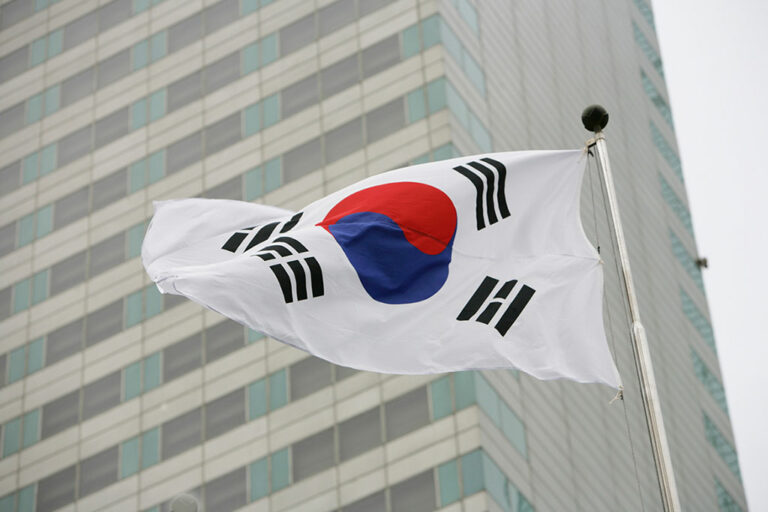Apart from safeguarding user funds, the legislation mandates that exchanges implement real-time monitoring systems to detect and report any suspicious trading activities that could be illegal.
The government of South Korea has reportedly introduced new regulations requiring crypto exchanges in the country to secure insurance that covers users’ assets in the event of bankruptcy or other unforeseen circumstances, such as liquidity crises.
The country’s Financial Supervisory Service (FSS) implemented this new rule as part of the Virtual Asset User Protection Act, a comprehensive regulatory framework passed into law in July to provide clarity on the use and offering of cryptocurrencies and related products in the region.
Houbi Korea is Looking to Buy Insurance
With the Virtual Asset User Protection Act already in place to enhance investor security and curb unfair trading practices, the FSS aims to ensure that crypto investors are fully protected in the event of any unforeseen issues that could lead to an exchange’s closure.
The new insurance requirement is designed to safeguard assets held by exchanges facing bankruptcy and other financial difficulties, thereby reducing risks associated with potential hacking incidents.
In compliance with the new policy, crypto companies like GDAC and Hanbitco, which are currently experiencing financial difficulties, have reportedly purchased insurance to protect users’ assets.
Another exchange, Huobi Korea, the regional branch of the Justin Sun-led company, is also reportedly planning to buy insurance to secure investors’ funds, ensuring their assets remain protected even if the platform shuts down in the future.
A Stringent Punishment for Non-compliance
These exchanges are already operating under the guidelines of the newly implemented Virtual Asset User Protection Act. Under this law, digital asset service providers (VASPs) are required to keep at least 80% of user deposits in cold storage wallets, separate from their own funds.
These companies must also entrust users’ cash deposits to a licensed local bank and maintain crypto reserves equivalent to the amount and type of customer deposits.
Apart from safeguarding user funds, the legislation mandates that exchanges implement real-time monitoring systems to detect and report any suspicious trading activities that could be illegal.
According to the announcement, failure to adhere to these rules may attract penalties. Additionally, the exchanges may have their services suspended by the Financial Services Commission (FSC), the nation’s primary financial regulator.
Korean Won Beats the US dollar
However, the current law focuses solely on the distribution of digital assets. According to Kim Hyoung-joong, president of the South Korea Fintech Society, the country has yet to introduce laws governing the issuance of cryptocurrencies.
“The Virtual Asset User Protection Act regulates distribution. However, there is no law yet to regulate the issuance of virtual assets,” he said.
Meanwhile, South Korea continues to be one of the most crypto-friendly countries in the Asian region. The nation boasts a thriving digital asset market, with the local fiat currency, the Korean won, surpassing the US dollar as the most-used fiat currency for crypto trading in the first quarter of 2024.
next